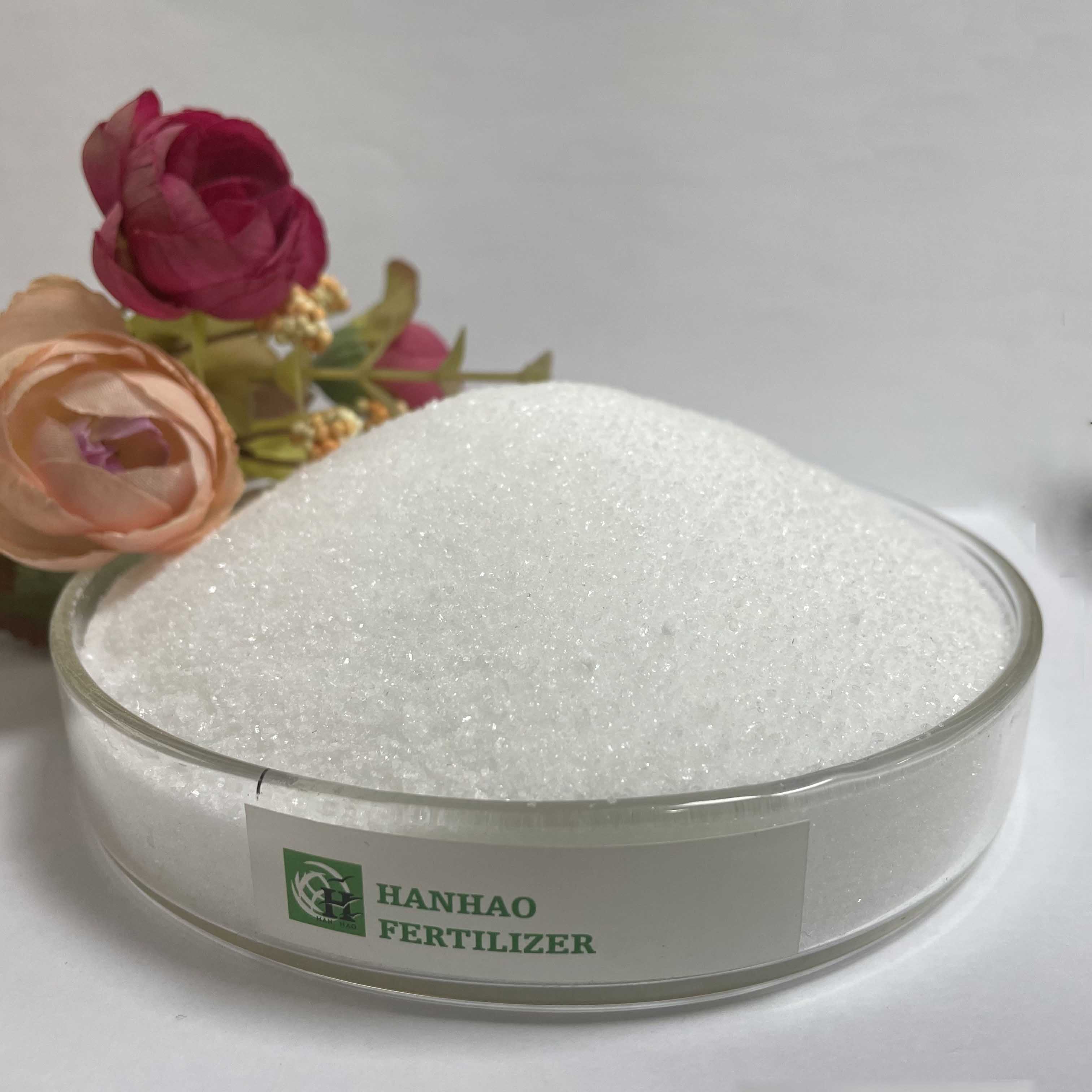
Sep . 23, 2024 16:10 Back to list
Exploring Various NPK Fertilizer Production Facilities and Their Unique Offerings
Understanding Different Types of NPK Fertilizer Factories
NPK fertilizers are essential for modern agriculture, providing key nutrients required for plant growth. These fertilizers contain three primary nutrients nitrogen (N), phosphorus (P), and potassium (K). The production of NPK fertilizers involves a complex interplay of chemical processes, and various types of factories are dedicated to their manufacturing. In this article, we will explore the different types of NPK fertilizer factories and their contributions to agricultural productivity.
1. Granular NPK Fertilizer Factories
Granular NPK fertilizer factories are among the most common types, producing fertilizers in granular form usually ranging from 2 to 5 millimeters in diameter. The production of granular fertilizers involves several steps, including mixing raw materials, granulation, drying, and screening. These factories often use processes such as the drum granulation method, where molten fertilizer is cooled into solid granules, providing a product that is easy to handle and apply. Granular fertilizers are favored for their long-lasting effects and ease of application over large areas.
2. Liquid NPK Fertilizer Factories
Liquid NPK fertilizers are increasingly popular in agricultural practices due to their rapid absorption by plants and ease of application. Liquid NPK fertilizer factories utilize a different approach compared to solid fertilizer production. These factories often employ processes such as blending and emulsification to create nutrient-rich liquid formulations. Liquid fertilizers can be directly applied to the soil or sprayed onto plant leaves, offering flexibility in their use. Their fast-acting nature makes them ideal for addressing nutrient deficiencies quickly.
3. Water-Soluble NPK Fertilizer Factories
Water-soluble NPK fertilizers are essential for precision agriculture, particularly in hydroponic and fertigation systems. Factories producing water-soluble NPKs focus on creating fertilizers that dissolve easily in water, ensuring maximum nutrient availability for plant uptake. The production requires high purity raw materials and strict quality control measures to prevent the presence of impurities that could affect plant health. These fertilizers enable farmers to apply nutrients in a controlled manner, improving efficiency and reducing waste.
different types of npk fertilizer factory

4. Controlled-Release NPK Fertilizer Factories
Controlled-release NPK fertilizers are designed to release nutrients slowly over time, matching plant nutrient requirements throughout their growth cycle. Factories specializing in controlled-release fertilizers utilize advanced technologies to coat granules with polymer or other materials that regulate the release of nutrients. This innovation minimizes nutrient leaching and maximizes the efficiency of fertilizer use. Controlled-release fertilizers are particularly beneficial for high-value crops and in regions with erratic rainfall patterns.
5. Organic NPK Fertilizer Factories
As the demand for sustainable agriculture increases, organic NPK fertilizer factories are emerging to produce fertilizers derived from natural sources. These factories utilize composted materials, animal manures, and other organic matter to create nutrient-rich fertilizers. Organic NPK fertilizers not only supply essential nutrients but also improve soil structure and promote microbial activity, contributing to overall soil health. These products align with environmentally responsible farming practices and cater to the growing market for organic produce.
6. Specialty NPK Fertilizer Factories
Some factories focus on producing specialty NPK fertilizers, tailored to specific crops, regions, or growth stages. These factories conduct extensive research and development to formulate fertilizers that meet unique agricultural challenges. For instance, they may produce fertilizers with higher phosphorus content for root development or those enriched with micronutrients for specific crop requirements. Specialty fertilizers enable farmers to optimize their yields based on specific needs.
Conclusion
NPK fertilizer factories play a crucial role in meeting the nutritional needs of plants and ensuring sustainable agricultural practices. By understanding the different types of factories and their products, farmers can make informed decisions about fertilizer application, contributing to productive and sustainable farming. As agricultural practices evolve, the importance of innovation in fertilizer manufacturing will continue to grow, leading to more efficient and environmentally-friendly solutions for crop nutrition.
-
Premium Organic Manure Compost for Eco Gardens
NewsAug.01,2025
-
Organic 10-10-10 Fertilizer | Balanced Plant Nutrients
NewsJul.31,2025
-
Premium Amino Acid Fertilizer | Rapid Plant Growth Booster
NewsJul.31,2025
-
10 10 10 Fertilizer Organic—Balanced NPK for All Plants
NewsJul.30,2025
-
Premium 10 10 10 Fertilizer Organic for Balanced Plant Growth
NewsJul.29,2025
-
Premium 10 10 10 Fertilizer Organic for Balanced Plant Growth
NewsJul.29,2025
